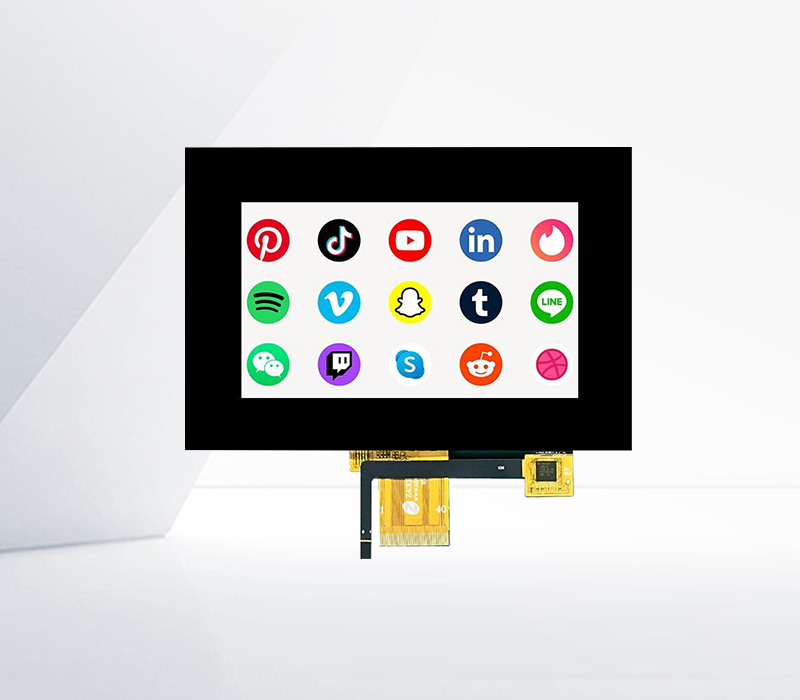




LCD rectangular - splicing screens are a remarkable innovation in the field of display technology. These screens are designed to be combined or "spliced" together to form a larger display area, typically in a rectangular shape.
One of the main applications of LCD rectangular - splicing screens is in large - scale visual display setups. For example, in commercial settings such as shopping malls, they are used for advertising and information display. A large - scale rectangular - splicing screen can attract the attention of customers from a distance and provide a more immersive visual experience. Multiple LCD panels are precisely aligned and connected to create a seamless display. The rectangular shape is often preferred as it conforms well to the typical aspect ratios of visual content, such as widescreen videos and large - format images.
In corporate environments, LCD rectangular - splicing screens are used in conference rooms and control centers. In a conference room, they can be used to display presentations, video conferences, or data visualizations. The ability to combine multiple screens allows for a larger and more detailed display, making it easier for participants to view and understand the information. In control centers, such as those in power plants or traffic management facilities, rectangular - splicing screens are used to monitor multiple data sources simultaneously. Each individual LCD panel can be dedicated to a specific data stream, and the overall rectangular layout provides an organized and comprehensive view of the entire system.
The technology behind LCD rectangular - splicing screens involves precise calibration and synchronization. The brightness, color, and contrast of each panel need to be adjusted to ensure a uniform and consistent visual output across the entire spliced screen. This requires advanced control algorithms and hardware. Additionally, the bezels between the individual panels need to be minimized to create a more seamless appearance. Some high - end LCD rectangular - splicing screens use narrow - bezel or even borderless panel designs to achieve a near - seamless display.
Another advantage of LCD rectangular - splicing screens is their flexibility in configuration. Depending on the requirements, the number of panels and the layout can be adjusted. For example, a 2x2, 3x3, or other custom - sized arrangements can be created. This allows for customization according to the available space and the specific visual display needs.
